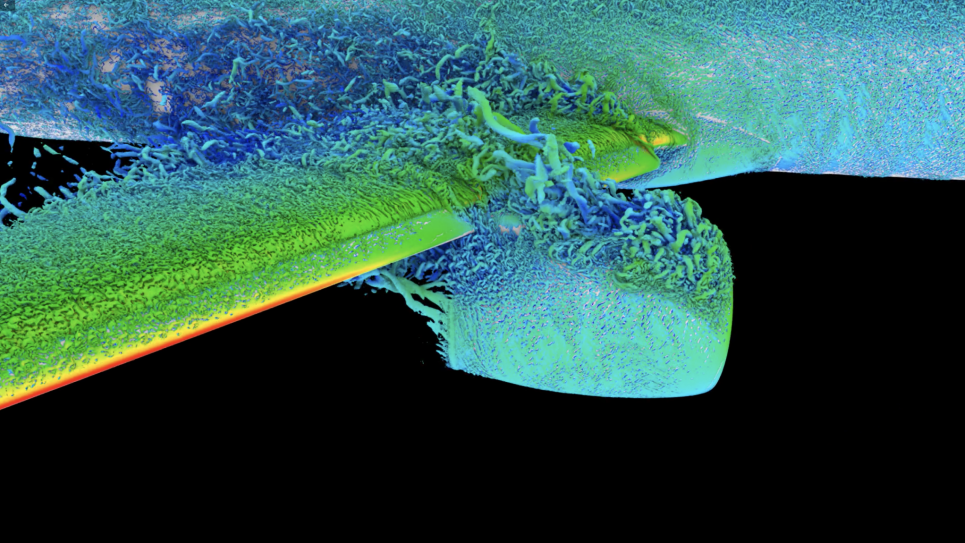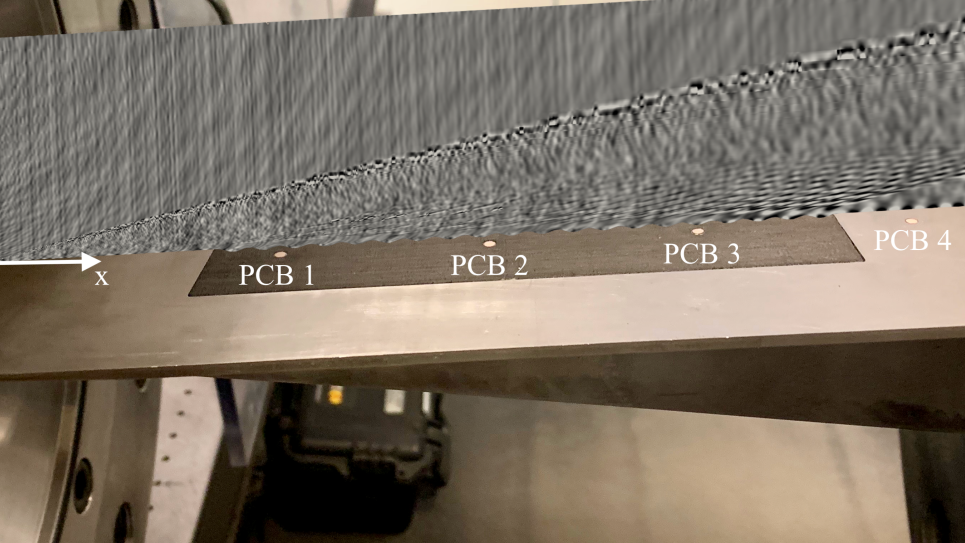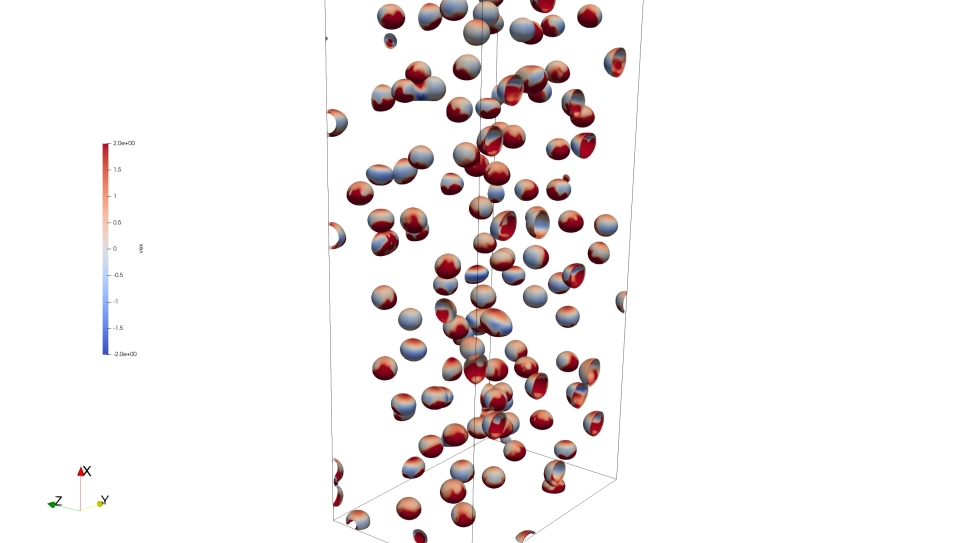Advanced power generation processes such as the Integrated Gasification Combined Cycle (IGCC) offer the promise of allowing continued use of coal as a power source while reducing carbon dioxide emissions. The IGCC converts coal into synthesis gas (syngas), and then cleanly burns the hydrogen in the syngas. Integrating all of these processes into a single combined cycle allows efficient energy production, while allowing carbon dioxide to be captured for storage. However, the cost of design and scale-up testing for commercial scale IGCC remains a barrier to using this technology.
Advanced modeling and simulation capabilities, which may reduce or even avoid proto-type testing, is one route to reducing these costs. However, this requires that the simulations be trusted by the design community. Research is being carried out at the National Energy Technology Laboratory (NETL), to establish credibility in simulation results from a fluidized bed gasifier by applying uncertainty quantification methods. Input uncertainty propagation through the Computational Fluid Dynamics (CFD) model has been employed in addition to Bayesian uncertainty quantification methods to quantify model discrepancy in the simulation results. A comprehensive assessment of predictive simulation capabilities is sought by identifying and quantifying various sources of uncertainties. A credible predictive capability based on these computational models is crucial in scale-up studies as a decision support tool in reducing time-to-market deployment of advanced clean coal energy technologies.


